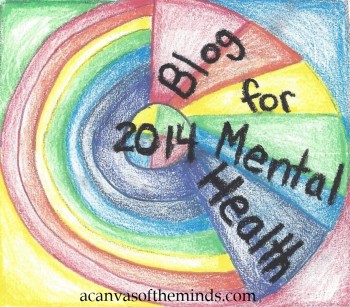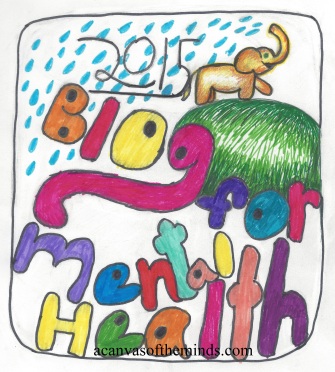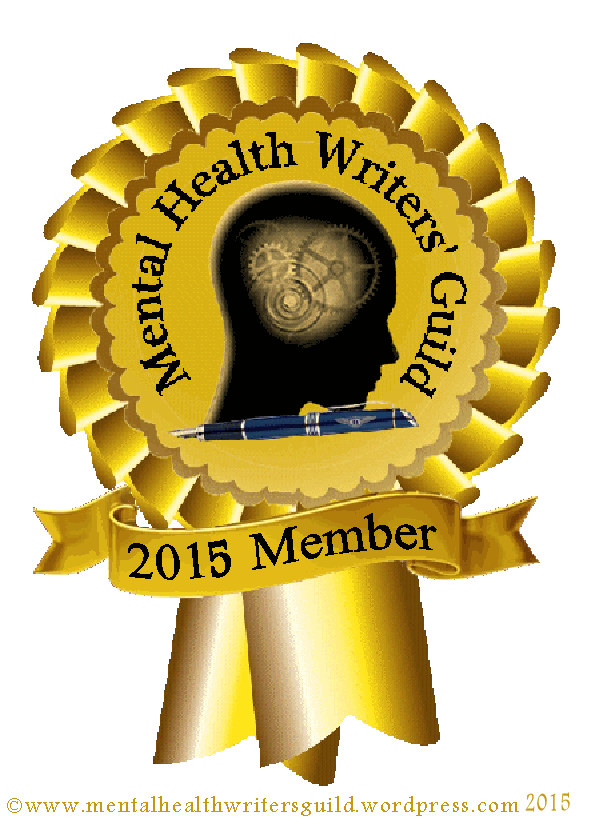
I’m not much of a TV person. I mostly read and knit in my spare time. And play tennis, when there isn’t a pandemic. When I do watch TV I mainly watch sports and occasionally the news. But these days I try to avoid the news altogether, and there are no sports on TV. So although binge watching is not my thing, I decided to check out the one show that appealed to me, and that’s Big Little Lies. Because I’ve read the book twice.
I have problems watching a movie that has been adapted from a book because the book is always better. It’s impossible to do justice to the complexity of a book in 2 hours. Plot lines and characters have to be eliminated. Directors take liberties in changing the story in ways that I’m sure the authors wouldn’t appreciate. And you don’t get to hear how the characters think. You only hear what they say, see what they do.
But now I see there are advantages to a limited TV series. First, it’s like a 14 hour movie, so you don’t have to leave any of the good parts out. And you can add music, extra plot twists, more character development, and some adult language and nudity to spice things up. You get visual images of expensive houses perched on the beachfront so you can see how rich and lucky they are for having a view of the ocean in every gigantic window.
The one disadvantage of being able to see the abuse is that it made it much more painful than it was in the book. For me, at least. Though I have not experienced physical abuse directly, the feeling of walking on egg shells, being aware of a sudden shift in someone’s mood, knowing when you’ve made a mistake and that you’re going to pay for it–I can totally relate to that. I often found myself crying, afraid, and overstimulated after the show was over. Although, like the book, the show is tempered with humor, the volatility of that particular plot line overshadowed my memory of anything else that had been funny.
I’ve been reading Alice Miller’s “The Body Never Lies.” It’s common knowledge in the trauma literature that trauma can be passed down from generation to generation, and the experience and memory of it can be stored in the body. Even if the abuse is unconscious. Or you’ve spent your life actively trying to forget.
I always figured the transmission of intergenerational trauma was passed down through the ways we’ve learned to communicate in a relationship. Patterns that repeat with each new person–what I’ve referred to as a repetition compulsion. Doing the same thing over and over, hoping that with this person, maybe we can get it right. Maybe I can get the person to love me. To give me what I need.
I’m realizing, because of this show, that trauma is more than learning patterns of relating to other people. It is the actual embodiment of another person’s pain. I can feel it when I’m watching it happen to someone else on a TV show, even though I know it’s a fictional account. And I can feel what happened to my parents, as though they were my memories. As though it happened to me. Even things they never told me.
It is this ability to feel what other people feel that has led me to choose clinical psychology as a profession. It allows me to be helpful to other people, but it also means I can get overwhelmed easily. This is true for most therapists. Usually it’s called burnout. But when you have a trauma history, it’s called being triggered. You are transported back to that moment all over again. Terrified. Confused. Ready to flee, fight, or freeze. Or fake. Those big little lies.
The pandemic has actually been helpful to me, because in the absence of my usual stressors, I can see what I’m like when nothing much is happening. Turns out that I still get these tremors of anxiety and depression but I have no idea why. I described them to my therapist as after shocks. Like when the earth adjusts to an earthquake that has struck it to its core. Reverberations of tectonic plates colliding, trying to reestablish equilibrium.
In my meditations, I have begun apologizing to my body for the way I’ve treated it–forcing it to do what I want it to do, ignoring what it asked of me. Not eating, not sleeping, pushing it to exhaustion. Shaming it out of its needs. Every time I meditate I renew my commitment to listen, to protect, and to do no harm to myself again.
The buck stops here.





